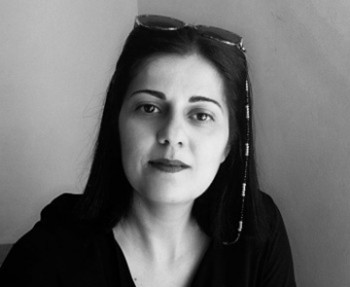Corona-virus vaccine:
Not ready yet!
Trials for the experimental corona-virus vaccines have already begun in laboratories around the world but it is very likely to be years before a vaccine is ready and vaccination cannot still be done.
Newspapers in the UK recently celebrated the testing of the first vaccine against coronavirus. Of course, there are claims that it might be possible for a vaccine to be ready within a year, the chances of that happening remain very little.
The trial, led by Oxford University, will eventually involve 1100 adults, half of whom will receive the experimental vaccine, and the rest will get a meningitis vaccine as a control vaccine. The team behind the trial hopes to go ahead with trials next August, to measure how effective the coronavirus vaccine is. So, such news raises hope that a vaccine could be ready before the end of the year, and that this will help the country exit strict measures of social distancing.
Unfortunately, those hopes are rather misplaced. Vaccine design expert Maria Bottazzi of Baylor College of Medicine in Houston, Texas, believes that the timeline set for the design and testing of the vaccine is not realistic. Even if all goes according to plan in the first phase of the trials, the expert points out that researchers will still need time to determine how well the vaccine protects against COVID-19 and whether it causes any side effects on the individual.
There is no guarantee that the vaccine will be safe and effective. A study conducted seven years ago estimated that, before entering clinical trials, an experimental vaccine has a 6% chance of finally reaching the market. Another 2019 analysis shows that the probability of success is one in three vaccines created and tested.
But even if one of the vaccines, is working, then there will be the issue of increased production to create hundreds of millions of vaccines. Under the best conditions, a vaccine is tested for about a year and a half before becoming widely available. So, if it's still being prepared in a year's time, it would be a great achievement. In addition, the 2013 study said that a vaccine to be created takes about 10-11 years. Of course, the procedure can be done faster but, for example, the Ebola virus vaccine that was produced faster than the rest took five years.
If the process is accelerated and the next steps are initiated before the previous ones are completed, questions are raised about the safety of such a vaccine. Since this would mean that researchers would not have enough time to study the long-term effects of the vaccine on the trial participants before it is given to the public.
Of course, the funds provided by governments and donors for the creation of a vaccine have increased. For example, Bill Gates has repeatedly said he is helping to improve the manufacturing capacity of seven vaccine candidates, a strategy that will cost him billions of dollars but saves time.
More than 100 vaccines for coronavirus are currently at various early stages of development. The more vaccines are tested, the greater the chances of finding one that is safe and effective.
However, there is no guarantee that vaccination against coronavirus can be carried out. There is much we do not yet know about how our immune system responds to the virus, and whether it is possible to cause long-term immunity to an infection from the coronavirus.
It is a fact that countries cannot wait for a vaccine to be created to come out of the crisis. The vaccine is not considered a strategy but a hope and so is worth the effort. Like annual flu vaccines, an effective vaccine for coronavirus could help us protect vulnerable groups. Like childhood vaccines (e.g. chickenpox), it can also allow us to protect future generations from COVID-19. So the measures already in place should remain until a permanent solution is found.
Source: www.newscientist.com

 English
English
 Ελληνικά
Ελληνικά Русский
Русский
 Posted by
Eleni Paschali
Posted by
Eleni Paschali






